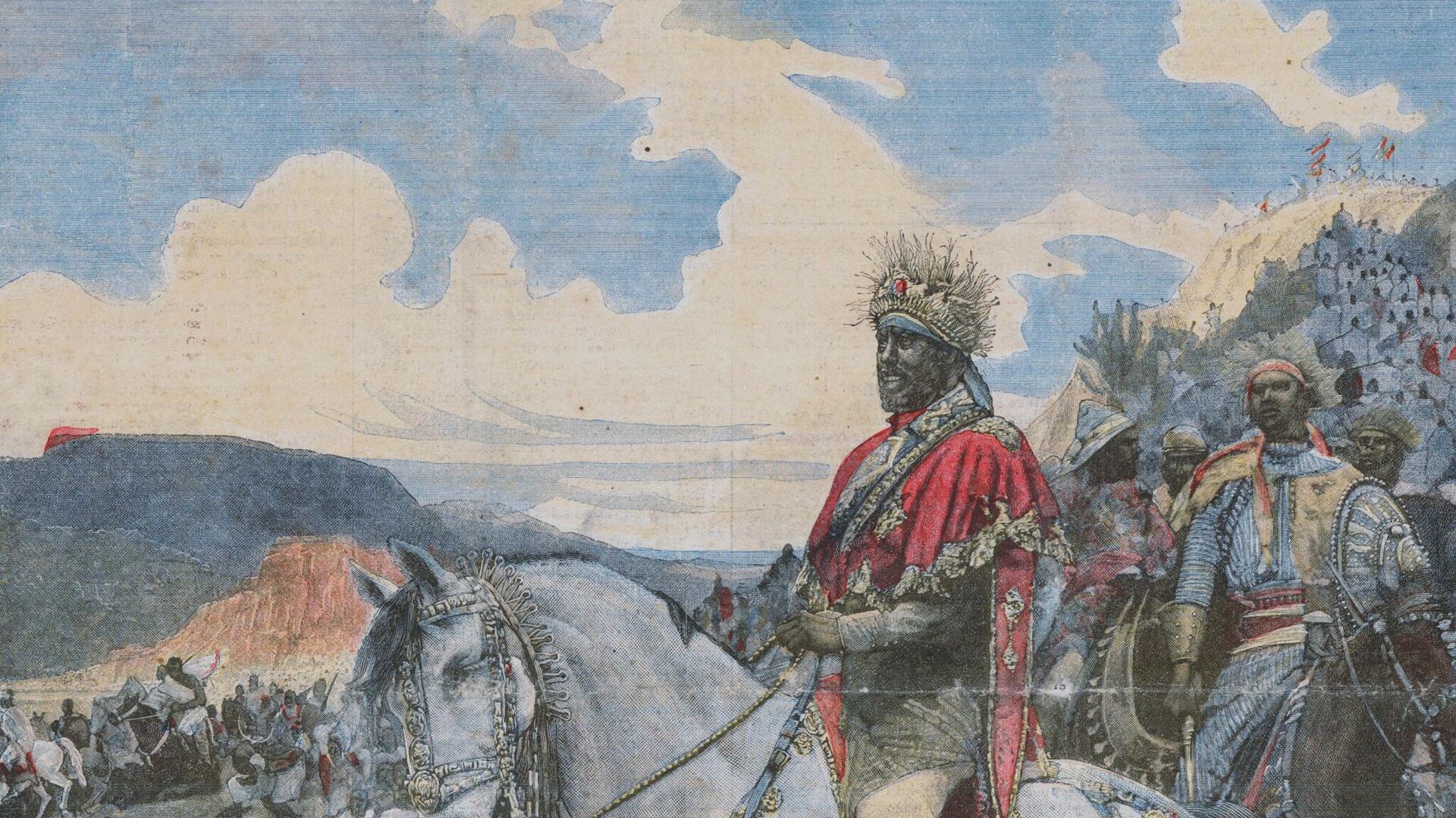
Ethiopia holds a unique place in African history as one of the few nations that successfully resisted European colonization. The country’s victory over Italy in the Battle of Adwa in 1896 stands as a symbol of African resilience and unity in the face of imperial aggression.
In the late 19th century, during the Scramble for Africa, European powers aggressively sought to colonize the continent. Italy, eager to expand its empire, set its sights on Ethiopia. However, Ethiopia, under the leadership of Emperor Menelik II, was determined to maintain its sovereignty.
Italy and Ethiopia had signed the Treaty of Wuchale in 1889, which was supposed to secure peace between the two nations. However, a critical discrepancy in the wording of the treaty—interpreted differently in Italian and Amharic—sparked tension. The Italian version implied that Ethiopia would become an Italian protectorate, while the Amharic version merely suggested cooperation between the two countries. When Emperor Menelik II realized Italy’s intent to colonize his nation, he rejected the treaty, leading to conflict.
On March 1, 1896, the two armies clashed in the town of Adwa in northern Ethiopia. Italy, expecting a swift victory, was met with fierce Ethiopian resistance. Menelik II had strategically united various Ethiopian forces, amassing an army of approximately 100,000 troops. Despite being outnumbered and underestimating Ethiopian military prowess, the Italian forces faced a crushing defeat, with over 6,000 soldiers killed, and many more taken prisoner.
The Battle of Adwa was a defining moment not only for Ethiopia but for the entire African continent. Ethiopia’s victory shocked the world and thwarted Italy’s attempts to colonize the nation. It also dealt a blow to the European perception of African inferiority and proved that African nations could successfully defend their independence.
Following the battle, Ethiopia’s sovereignty was internationally recognized, and it remained an uncolonized nation throughout the colonial era, with the brief exception of Italy’s occupation from 1936 to 1941 during World War II, which was eventually overturned.
The Battle of Adwa has since become a source of immense pride for Ethiopians and a symbol of anti-colonial resistance. Each year, the battle is commemorated in Ethiopia as a reminder of the nation’s bravery and unity. It serves as an enduring example of African self-determination and the possibility of resisting imperialist forces.
Ethiopia’s success in maintaining its independence through the Battle of Adwa continues to inspire not only its citizens but also many across Africa and beyond, as a testament to the strength and resilience of a united people in the face of overwhelming odds.
